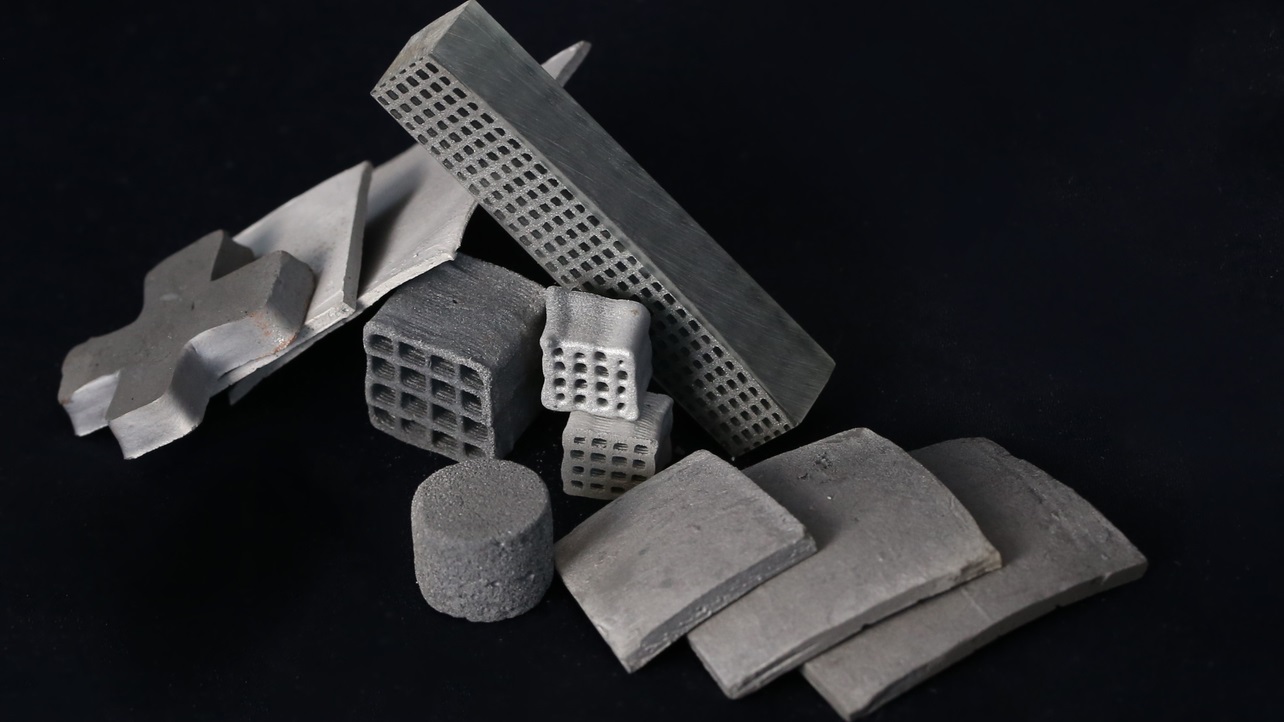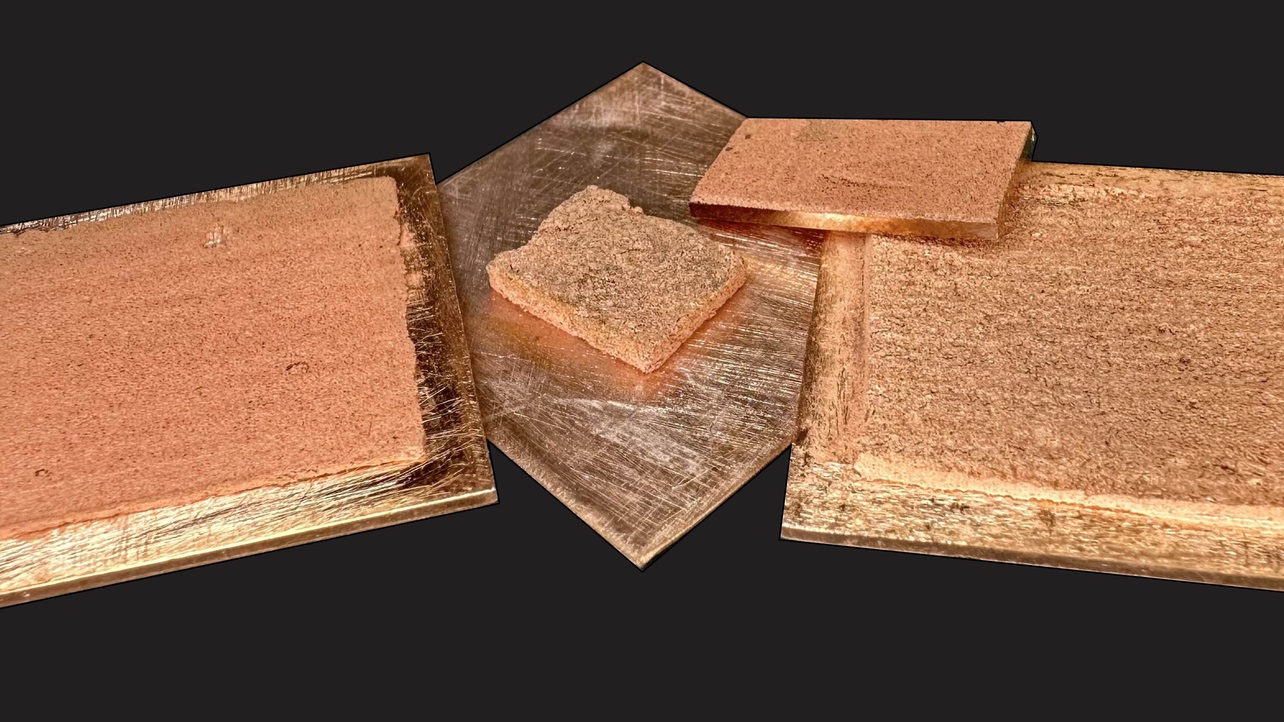Swiss startup Apheros has unveiled a new way to address the global demand for data processing driven by the rise of artificial intelligence (AI) and large language lodels (LLMs)
The company has developed a novel metal foam it says can revolutionize the cooling systems used in data centers.
As pressure on data centers continues to rise, cooling systems become more crucial for maintaining their optimal operation, often accounting for nearly 40% of their total energy consumption.
Efficient cooling solution for data centers
Data centers are increasingly tasked with handling complex AI workloads, which require specialized hardware such as GPUs and TPUs.
These components generate significant amounts of heat, necessitating advanced cooling systems to prevent overheating and ensure consistent performance. Traditionally, data centers have relied on heating, ventilation, and air conditioning (HVAC) systems for cooling. However, as server densities increase, these air-based systems have become insufficient.
To address these limitations, more efficient cooling methods have emerged, including immersion cooling and direct-to-chip cooling. Immersion cooling involves submerging servers in a dielectric liquid, while direct-to-chip cooling circulates coolant through cold plates attached to the chips. Both methods rely on effective heat exchange to transfer heat away from the chips and into a cooling medium, which is where Apheros’ metal foams come into play.

The metal foams are available in various compositions including copper, nickel, iron, and stainless steel. Their structure features completely open porosity with interconnected pores, resulting in a surface area that is 1000x higher compared to traditional solutions. The foams have densities ranging from 0.9 to 2.2 g/cm3.
Apheros uses a patent-pending, easily scalable powder-based method that operates at room temperature, which it says results in consistent properties and high open-cell porosity, based on established food production techniques like chocolate mousse and meringue, which allows for the creation of mechanically stable foams.
Apheros’ metal foams have high thermal conductivity and can provide up to 90% improved heat exchange compared to traditional solutions. This allows for the use of higher coolant temperatures, leading to 10-20% energy savings in cooling systems, not only reducing operational costs but also supports the growing need for sustainable data center working.

The foams are optimal for passive cooling applications like heat sinks and are suitable for single-phase cold plates and immersion cooling in data centers. There is also potential for two-phase direct-to-chip cooling. Furthermore, the large surface area makes the foams suitable for use as electrodes and catalysts.
Julia Carpenter, co-founder and CEO of Apheros, told VentureBeat, “This ultra-high surface area metal foam goes directly on the chip and allows the liquid to flow through it. So, in the case of on-chip cooling, it acts like a kitchen sponge with really fine porosity, where the water or the coolant flows through and takes the heat away. This also occurs in immersion cooling.”
“The increase in heat transfer efficiency of Apheros foams directly translates into energy-saving benefits as it allows data centers to use higher coolant temperatures. This is crucial as it allows for heat exchange with outside air without using water-intensive evaporation towers or power-hungry processes like compression.”





